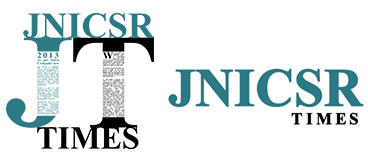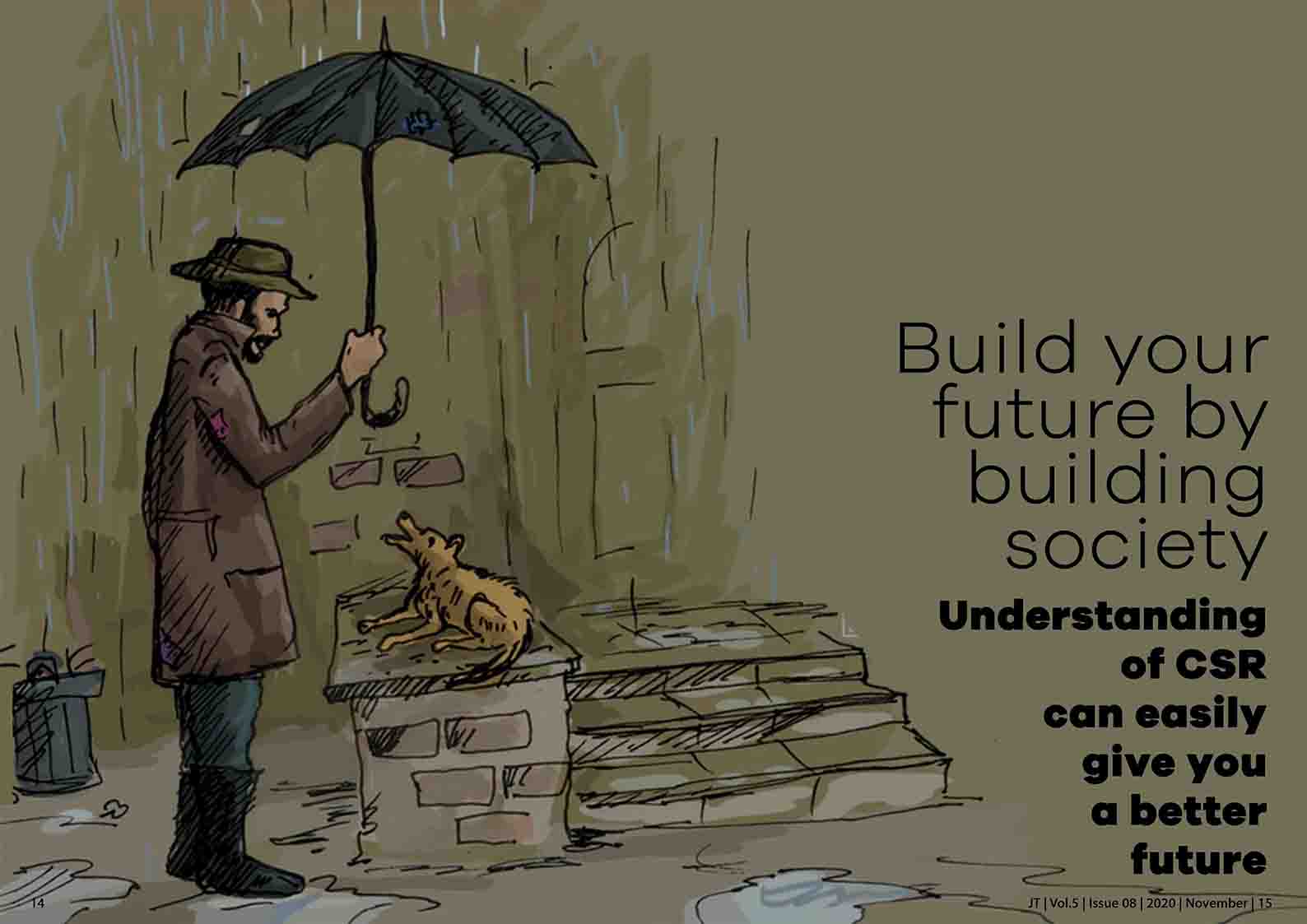Practice of Corporate Social Responsibility (CSR) is new to the world and India is the first country who constituted CSR under the law. Traditionally, it has been seen as a philanthropic activity. However, the Companies Act, 2013 especially the Clause 135 thereof brings more companies into the fold of CSR. It has introduced the idea of CSR to the forefront and through its mandate to disclose-or-explain, it is promoting greater transparency and disclosure.
“Promoting education, including special education and employment enhancing vocational skills especially among children, women, elderly, and the differently abled and livelihood enhancement projects” is the second item in the Schedule VII of the Companies Act 2013.
CSR is a Company’s sense of responsibility towards the community and environment (both ecological and social) in which it operates. Companies can fulfill this responsibility through promoting education, including special education and employment enhancing vocational skills especially among children, women, elderly, and the differently abled and livelihood enhancement projects.
CSR is a way of conducting business, by which corporate entities visibly contribute to the social good. Socially responsible companies do not limit themselves to using resources to engage in activities that increase only their profits. They use CSR to integrate economic, environmental and social objectives with the company’s operations and growth. CSR is said to increase the reputation of a company’s brand among its customers and society.
Under this development sector for “promoting education, special education and vocational skills”, some of the activities being undertaken by companies are as under :
- Distribution of scholarships to eligible students belonging to economic weaker sections of the social strata;
- Promoting education, including special education and employment enhancing vocational skills especially among children, women, elderly and differently abled and livelihood enhancement projects;
- Skill building workshops for farmers and people engaged in small scale industries;
- Financial literacy programmes at select educational institutions / Self Help Groups;
- Sponsoring brilliant students to the institutions of excellence for higher studies / research;
- Support to schools / educational institutions / other institutions by way of providing books, other needy articles or required infrastructure for carrying out their education in a better way;
- Support to students who belong to the economically weaker sections of the society but with good merit for continuing education;
- Educational projects aimed at up-liftment of mentally retarded / physically challenged students;
- Donation to the National Children’s Fund, the Zilla Saksharta Samiti, the National Trust for Welfare of Persons with Autism, Cerebral Palsy, Mental Retardation and Multiple Disabilities and the Fund for Technology Development and Application.
A special reference is required to be made here for Vocational Training for Persons with Special Needs. A disability is a result of the interaction between a person with a health condition and a particular environmental context. As per Census 2011, in India, out of the 121 Cr population, about 2.68 Cr persons are ‘disabled’ which is 2.21% of the total population. In an era where ‘inclusive development’ is being emphasized as the right path towards sustainable development, focused initiatives for the welfare of disabled persons are essential. Hence projects seeking to empower persons with disability and help them to become independent and engage them in income generation activity are very important.
As per National CSR Portal under Ministry of Corporate Affairs, support under this development sector viz. promoting education, including special education and employment enhancing vocational skills especially among children, women, elderly, and the differently abled and livelihood enhancement projects aggregated Rs.4921.06 crores, Rs.5559.13 crores, Rs. 5822.47 crores and Rs.7499.26 crores during the Financial Years 2015-16, 2016-17, 2017-18 and 2018-19 respectively.1 It may be noted that support to this development sector has been increasing over a period of last 4 years.
Out of Rs.7499.26 crores spent during the year 2018-19 sub-sector wise details are furnished below :
| Sub-Sector of the Development Sector | Rs. Crores |
| Education | 5717.78 |
| Livelihood Enhancement Projects | 848.64 |
| Special Education | 173.89 |
| Vocational Skills | 758.95 |
| Total: | 7499.26 |
The data on budget set aside for this activity by top 10 entities during the financial year 2018-19 are furnished below2 :
| Name of the Entity | Rs. Crores |
| Reliance Industries Ltd. | 527.34 |
| Indian Oil Corporation Ltd. | 213.66 |
| Mahanadi Coalfields Ltd. | 138.84 |
| NTPC Ltd. | 132.03 |
| WIPRO Ltd. | 123.52 |
| Maruti Suzuki India Ltd. | 111.72 |
| Axis Bank Ltd. | 110.92 |
| Larsen & Toubro Ltd. | 100.30 |
| Infosys Ltd. | 92.96 |
| Bharat Petroleum Corporation Ltd. | 91.44 |
Considering the importance of this development sector, following exemptions have been granted for spending on projects under this sector under different sections of Income Tax Act 19613 :
a. deduction is allowed as per the provisions of Section 35AC in respect of eligible projects / schemes;
b. w.e.f. A.Y. 2013-14, under Section 35 CCD of the Act, a weighted deduction of 150% of expenditure incurred by a company on notified skill development projects is allowed.
c. Under Section 80G, a deduction is allowed for donation to the National Children’s Fund. The amount of deduction has been raised from 50% to 100% w.e.f. A.Y. 2014-15.
d. Donations made by companies to any Zila Saksharta Samiti constituted in any district under the chairmanship of the Collector of that district for the purposes of improvement of primary education in villages and towns in such district and for literacy and post-literacy activities are entitled for 100% deduction under Section 80G of the Act.
e. Donations made by companies to a University or any educational institution of national eminence as may be approved by the prescribed authority in this behalf are entitled for 100% deduction under Section 80G of the Act.
f. Donations made by companies to the National Trust for Welfare of Persons with Autism, Cerebral Palsy, Mental Retardation and Multiple Disabilities constituted under Sub-Section (1) of Section 3 of the National Trust for Welfare of Persons with Autism, Cerebral Palsy, Mental Retardation and Multiple Disabilities Act, 1999 (44 of 1999) are entitled for 100% deduction under Section 80G of the Act.
g. Donations made by companies to the Fund for Technology Development and Application set up by the Central Government are entitled for 100% deduction under Section 80 G of the Act.
Through amendment to the Companies Act 2013, the Government has ensured that more and more support is extended to this sector which is very important for upliftment of children, women, differently abled people and people from weaker sections in our society.







Leave a Reply